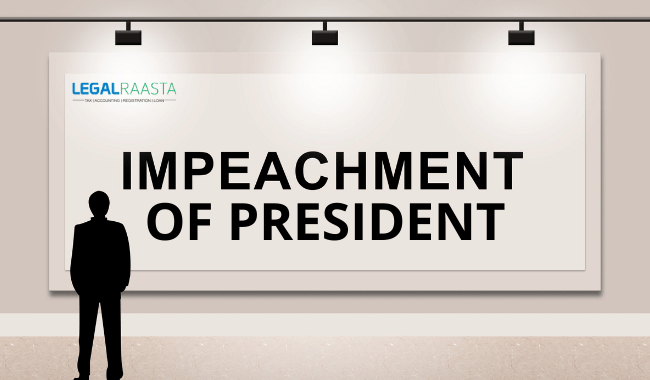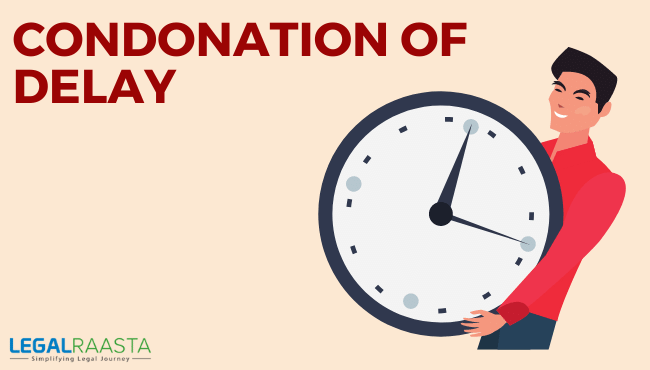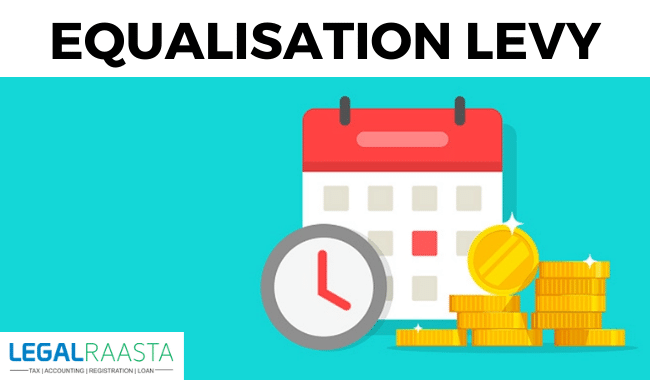Quick Steps for EPR Registration of Medical Devices
As the global emphasis on environmental responsibility intensifies, the Extended Producer Responsibility (EPR) Registration framework has emerged as a critical mechanism for managing the lifecycle of various products. Among these, medical devices hold significant importance due to their potential environmental and health impacts. This blog will delve into the requirements and process of EPR registration for medical devices, focusing on the pivotal role of EPR consultants and the necessity of obtaining an EPR certificate for importers.
Understanding EPR for Medical Devices
Extended Producer Responsibility (EPR) Certification is a policy approach that shifts the responsibility of waste management from municipalities and consumers to producers. This approach mandates that producers take accountability for the entire lifecycle of their products, from design and production to disposal and recycling. For medical devices, this responsibility becomes even more critical due to the sensitive nature of the waste generated and its potential hazards.
The Importance of EPR Registration:
EPR registration is essential for manufacturers and importers of medical devices for several reasons:
- Environmental Protection: Medical devices can contain hazardous materials that pose significant risks to the environment. Proper management through EPR ensures these materials are disposed of or recycled safely.
- Regulatory Compliance: Adhering to EPR regulations is mandatory in many countries. Serious fines and reputational harm may arise from noncompliance.
- Corporate Responsibility: EPR registration demonstrates a company's commitment to sustainable practices and corporate social responsibility, enhancing its reputation among consumers and stakeholders.
Requirements for EPR Registration for Medical Devices:
The requirements for EPR registration can vary depending on the country and specific regulations. However, some common elements include:
- Producer Identification: The producer must be identified, which can include manufacturers, importers, and brand owners. In many jurisdictions, the term "producer" encompasses anyone who places medical devices on the market.
- Product Information: Detailed information about the medical devices, including their composition, lifespan, and potential environmental impact, must be provided. This information is crucial for determining the appropriate waste management strategies.
- EPR Plan: Producers must develop an EPR Certification for Medical Devices plan outlining how they will manage the end-of-life disposal of their products. This plan should include strategies for collection, recycling, and safe disposal.
- Financial Responsibility: Producers are often required to demonstrate their financial ability to manage the waste generated by their products. This can include setting up financial guarantees or participating in collective schemes.
- Reporting and Record-Keeping: Regular reporting on the quantities of medical devices placed on the market and the waste collected and treated is typically required. Maintaining accurate records is essential for compliance and audit purposes.
The Role of EPR Consultants:
Navigating the complexities of EPR registration for medical devices can be challenging. This is where EPR consultants come into play. An EPR consultant specializes in helping producers understand and comply with EPR regulations.
- Regulatory Guidance: EPR consultants provide up-to-date information on relevant regulations and help producers interpret and apply these rules to their specific circumstances.
- Plan Development: Consultants assist in developing comprehensive EPR plans that meet regulatory requirements and optimize waste management processes.
- Implementation Support: From setting up collection schemes to establishing recycling partnerships, EPR consultants offer practical support in implementing EPR strategies.
- Compliance Assurance: By conducting audits and reviews, EPR consultants ensure that producers remain compliant with EPR regulations, helping to avoid penalties and legal issues.
- EPR Certificate for Importers: Importers of medical devices must obtain an EPR certificate to demonstrate their compliance with EPR regulations. EPR consultants guide importers through the certification process, ensuring all requirements are met.
Process of EPR Registration for Medical Devices:
The EPR registration process can be broken down into several key steps:
- Initial Assessment
The first step involves assessing the producer's current practices and identifying the specific External Producer Responsibility Registration requirements applicable to their products. This assessment helps in understanding the scope of work needed for compliance.
- Data Collection
Accurate data collection is crucial for EPR registration. Producers must gather detailed information about their medical devices, including quantities produced, imported, and sold. Additionally, information on the materials used and their environmental impact is necessary.
- EPR Plan Development
With the help of an EPR consultant, producers develop an EPR plan outlining their waste management strategies. This plan should cover collection methods, recycling processes, and safe disposal practices. Financial provisions for these activities must also be included.
- Submission of Application
The External Producer Responsibility Registration application, along with the EPR plan and necessary documentation, is submitted to the relevant regulatory authority. This application must be thorough and accurate to avoid delays or rejections.
- Certification and Approval
Upon review of the application, the regulatory authority may request additional information or clarifications. Once satisfied, the authority issues an EPR certificate, confirming the producer's compliance with EPR regulations. Importers must also obtain this certificate to demonstrate their adherence to EPR requirements.
- Implementation
With the External Producer Responsibility certificate in hand, producers must implement their EPR plan. This involves setting up collection and recycling systems, training staff, and partnering with waste management companies. It is crucial to continuously monitor and enhance these procedures.
- Reporting and Auditing
Regular reporting to the regulatory authority is a key requirement of EPR registration. Producers must submit periodic reports detailing the quantities of medical devices placed on the market, the waste collected, and the methods used for recycling and disposal. Audits may be conducted to verify compliance.
Merits of EPR Registration for Medical Devices:
- Environmental Impact Reduction: EPR registration ensures that medical devices are managed in an environmentally responsible manner, reducing their impact on the ecosystem.
- Regulatory Compliance: Adhering to External Producer Responsibility regulations helps producers avoid legal issues and penalties, ensuring smooth business operations.
- Reputation Enhancement: Demonstrating a commitment to environmental responsibility can enhance a company's reputation among consumers, investors, and other stakeholders.
- Cost Savings: Efficient waste management and recycling processes can lead to cost savings in the long run, offsetting the initial investment in EPR compliance.
- Access to Popular Markets: Compliance with EPR regulations is often a prerequisite for market access in many regions. Obtaining an EPR certificate for importers is essential for conducting business in these markets.
Challenges in EPR Registration for Medical Devices:
Despite the benefits, there are several challenges associated with EPR registration for medical devices:
- Complex Regulations: External Producer Responsibility Certification regulations can be complex and vary significantly across regions. Staying updated with these regulations and ensuring compliance can be challenging.
2. Financial Burden: The costs associated with EPR compliance, including setting up collection and recycling systems, can be substantial. Small and medium-sized enterprises, or SMEs, can be especially affected by this.
3. Data Management: Accurate data collection and reporting are essential for EPR Certificate compliance. Managing this data can be resource-intensive and require robust systems.
4. Consumer Participation: Implementation of effective EPR Registration relies on consumer participation in collection and recycling programs. Educating and motivating consumers to participate can be challenging.
5. Technological Limitations: Recycling certain medical devices can be technologically challenging due to the complexity and hazardous nature of the materials involved.
Conclusion
EPR registration for medical devices is a pivotal aspect of modern waste management practices, ensuring that manufacturers and importers take responsibility for the entire lifecycle of their products. By adhering to EPR regulations, producers can significantly reduce the environmental impact of medical devices, ensure regulatory compliance, enhance their corporate reputation, and achieve cost savings through efficient waste management processes.
Engaging the services of an EPR consultant can simplify the process, providing expert guidance on regulatory requirements, plan development, and implementation. Additionally, obtaining an EPR certificate for importers is crucial for accessing markets where EPR compliance is mandatory.
While challenges exist, including complex regulations, financial burdens, and the need for accurate data management, the benefits of EPR registration far outweigh these obstacles. By fostering a culture of environmental responsibility and leveraging technological advancements in recycling and waste management, producers can make substantial contributions to sustainability.
Through continuous improvement and collaboration with stakeholders, the EPR framework can lead to a more sustainable and environmentally friendly future for the medical device industry. By committing to EPR principles, producers not only comply with regulations but also play a vital role in protecting our planet for future generations.








